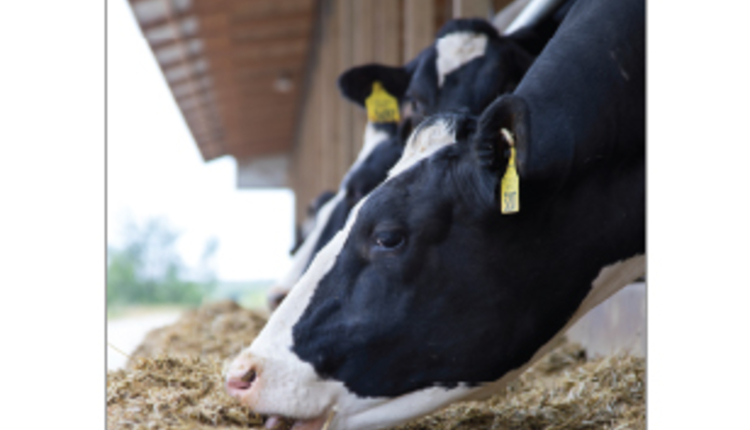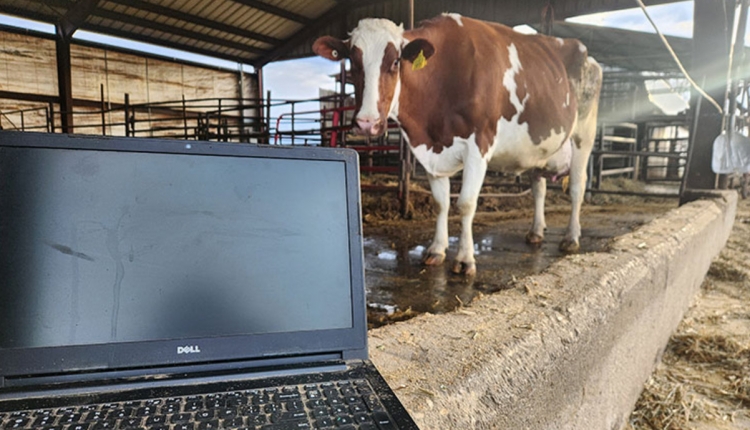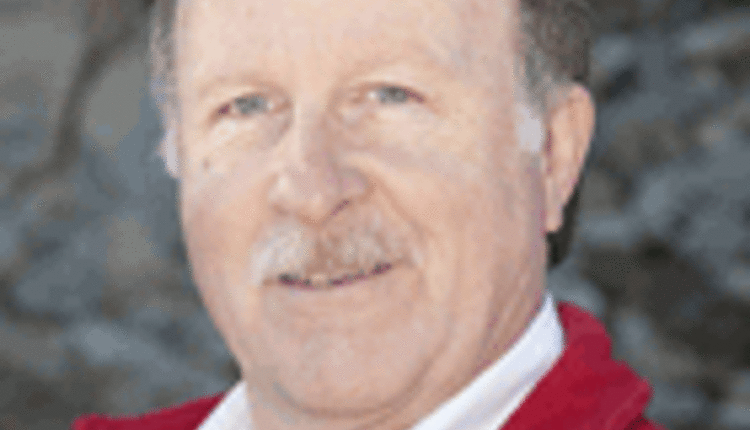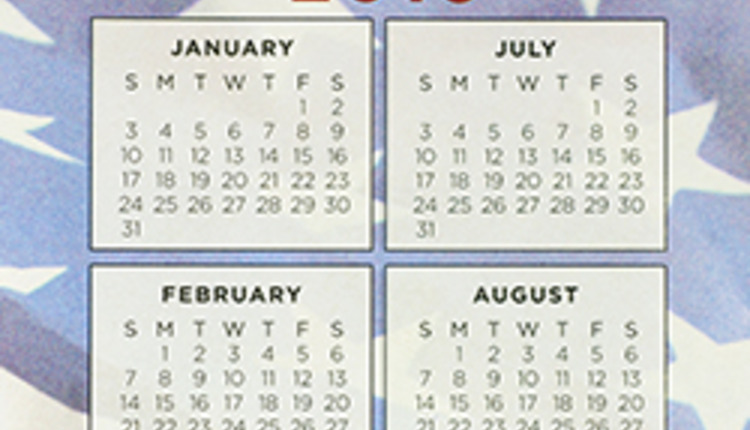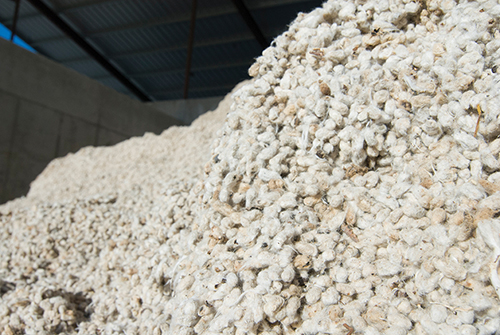
Harvest is finally under way on the nation's cotton crop after being delayed by a cooler summer in many major growing areas. That means what has historically been the best time to shop for whole cottonseed has arrived.
Fortunately for dairy producers, USDA expects this year's crop to be 26 percent bigger than last year - including 1.17 million more tons of whole cottonseed - which has already pushed prices well below 2013 levels.
Tom Wedegaertner, director of cottonseed research for Cotton Inc., says prices are roughly $120 to $150 per ton less than a year ago, but he's wary about how long they will last and what they could do in 2015.
This year is another "up" year in what has been a ragged, up-down pattern for cotton growers the last five years. The industry is still struggling to recover from a 50 percent drop in output from 2005 to 2009 that triggered cottonseed prices of up to $500 per ton.
"After talking to growers, my little crystal ball says that, with where the price of cotton is this year (less than 70 cents per pound, versus more than $2 at times in 2011), we are going to see a reduction in cotton acres in 2015," predicts Wedegaertner. "That will make this year's cottonseed supply want to get more expensive as we carry over into next year's planting."
He says cotton is so cheap right now (less than 70 cents per pound, versus more than $2 at times in 2011) that some farmers can't afford to grow it.
"Carryover and stocks-to-use ratio numbers are pretty dismal for thinking about prices getting stronger or adding more acres," he says. "I don't see any way we're going to add cotton acres next year; I think we're going to lose them. That will make this year's cottonseed supply want to get more expensive as we go into next year's planting."
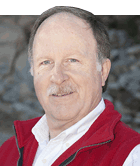
The author has served large Western dairy readers for the past 37 years and manages Hoard's WEST, a publication written specifically for Western herds. He is a graduate of Cal Poly-San Luis Obispo, majored in journalism and is known as a Western dairying specialist.


